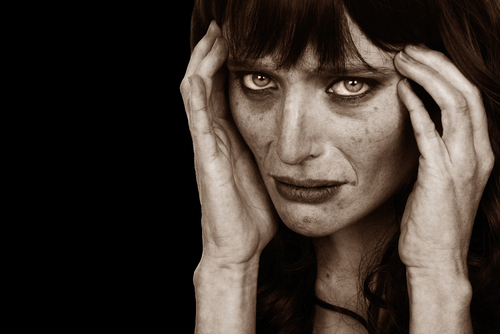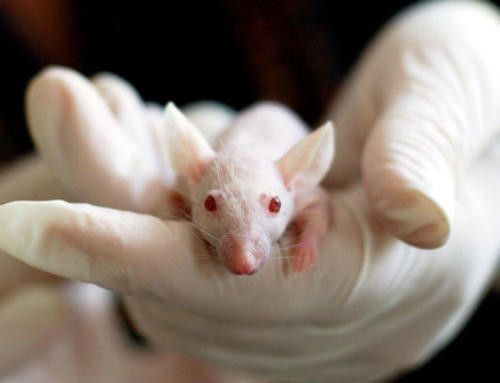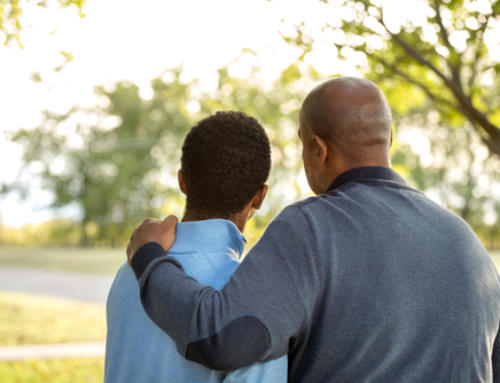When someone in your family dies, it has the potential to break a family apart. Each person is affected differently and dealing with their grief in their own way. The 1980 film Ordinary People shows us what happens when death takes a toll on a family and how with the help of treatment, being able to heal from grief becomes even more of a possibility.
We meet Conrad and his family who are dealing with the loss of Buck, the brother of Conrad. We see that Conrad just came back home from the mental hospital after a suicide attempt. He faces a lot of guilt for surviving the boat accident that his brother died in. It is hard for him to put his life back together as he quits the swim team and cannot hang out with his best friend without thinking of his brother not being there. His father, Calvin, tries his hardest to understand what his son is going through as he is afraid that if he says the wrong thing, he can fall off the deep end again. Calvin is also trying to reconnect with his wife, Beth, but she refuses to feel anything after the death of her son. Conrad keeps trying to connect with his mother in small gestures such as asking his mother about a trigonometry class she once took or trying to be in a picture with her but she rebuffs any chance to reconnect with him.
Conrad decides to see a therapist, Dr. Berger, who helps him express all of the anger and sadness that he has been keeping inside. Using role playing therapy, Conrad is able to “talk” to Buck about his anger that he died when they were out on the boat together and how he feels wrong for surviving. Dr. Berger reminds him that he is alive, it is not his fault for surviving, and that his mother has to deal with her own problems. This film shows us that each family member has a challenge that they need to overcome. Conrad needs to deal with his emotions, Calvin needs to have an honest relationship with his son and wife, and Beth needs to learn to love again. Even though that sadness will always stay with this family, by the end of the film, we see the potential for this family to love each other again and go forward.
Located in downtown Midland, The Springboard Center’s mission is to offer programs and services to treat alcohol and drug addiction treatment using an evidence based curriculum, 12 step programs, diet, nutrition, exercise, emotional, mental and spiritual development for a long recovery. For more information, please call us at 432-620-0255 as we are open 24 hours a day, 7 days a week.




